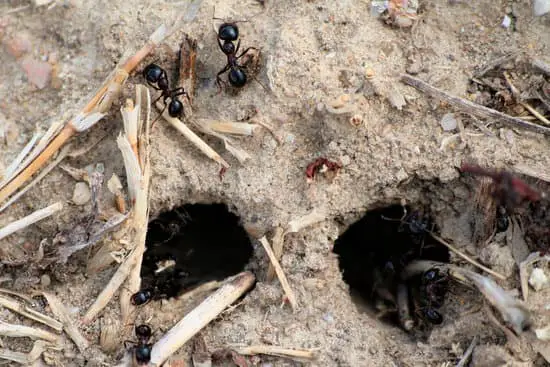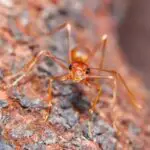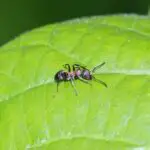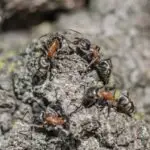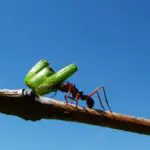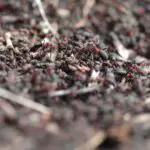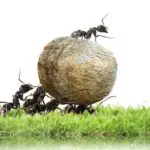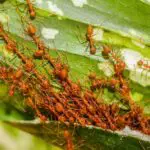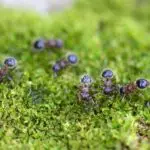How Do Ants Affect Plants?
Besides being a pest, ants also have a positive effect on your garden. They provide a food source for other insects and birds. They also help improve soil structure and aeration. They also protect other pests, fending off predators.
Ants also help fertilize the soil. They collect honeydew, which they then use as a source of food. They also collect sap-sucking insects. These insects can include aphids, mites, and whiteflies. Ants also protect these insects from predators.
Ants also help with soil erosion. When ants build their nests, they can bring soil to the surface. This can disturb plant roots. This can also cause water to run straight through the soil. It can also remove stones and other surface materials. It can also reduce the amount of moisture in the soil.
When ants feed on plant roots, they can cause plants to die. This isn’t necessarily well-documented, but some gardeners believe this to be true.
Ants can also cause damage to garden plants by chewing on the stems. They can also girdle the plants. They will also attack the roots when they emerge from their nest. They can also eat worms and young plants.
Having ants in your garden can indicate the presence of other pests. If you are seeing large numbers of ants, you may have an aphid infestation. This can also be an indication that you have other pests such as sap-sucking insects.
Using an organic horticultural oil spray can help control pest insects. Organic horticultural oil is safe for organic gardens and won’t harm beneficial insects.
